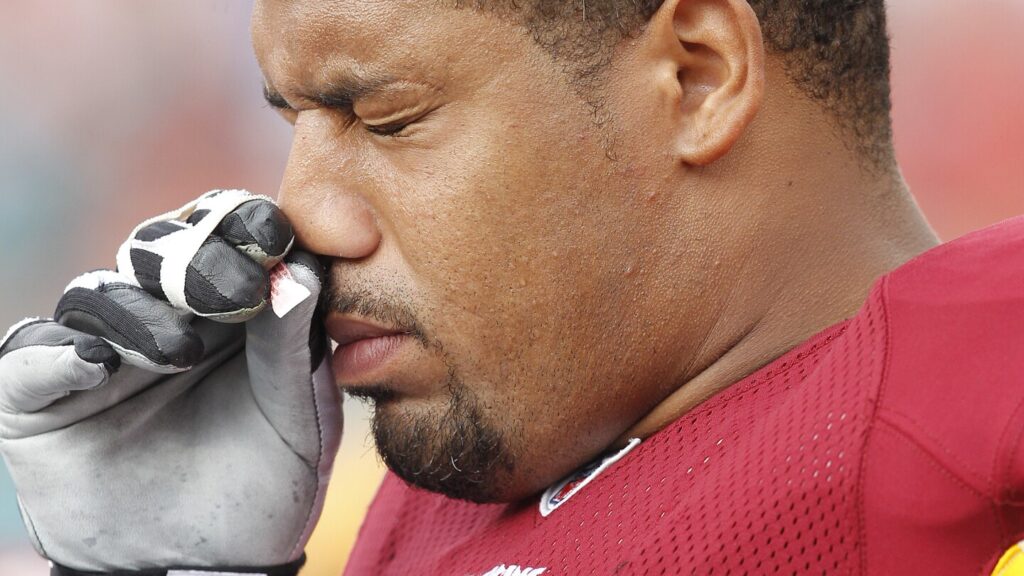The NFL’s ban on smelling salts and ammonia capsules comes with a massive asterisk.
Players are still permitted to use them.
Via Kalyn Kahler of ESPN.com, the NFLPA sent the following message to all players on Wednesday night: “The NFL Players Association is aware of the memo issued by the league Tuesday regarding the use of smelling salts and ammonia capsules. We were not notified of this club policy change before the memo was sent out. To clarify, this policy does not prohibit player use of these substances, but rather it restricts clubs from providing or supplying them in any form. The NFL has confirmed this to us. If you have any questions, please reach out to your player director.” (Emphasis in original.)
The NFL didn’t prohibit player use of smelling salts or ammonia capsules because it can’t do so without collective bargaining. For now, it’s a liability issue for the league. By preventing teams from supplying them, the NFL has an obvious defense if, for example, a player uses smelling salts or ammonia capsules to mask the symptoms of a concussion, returns to a game, and suffers a second concussion and a potentially serious brain injury because of it.
If the league were truly concerned about the health and safety impact of using smelling salts or ammonia capsules, it would use all levers and leverage to persuade, and if necessary persude, the NFLPA to join in a mutual effort to prevent players from bringing and using their own.
Unfortunately, the nature of collective bargaining isn’t conducive to a single-issue win-win. If one side wants something, the other side will say, “What’s in it for us?” In other words, “If you want us to agree to ban smelling salts and ammonia capsules, give us something in return.”
The better approach would be to truly appreciate and understand the health and safety issues associated with using smelling salts and/or ammonia capsules to clear the cobwebs from a brain that has been impacted by trauma. Both sides should want to stop using them.
It’s amazing, frankly, that it’s taken the league so long to realize it’s not a good idea to have them around. Now that the NFL is on board with banning them, the NFLPA should think less about parlaying this into a bargaining chip and more about whether it’s in the best interests of the players to get them off the sidelines and out of the locker rooms.
The problem is that neither side of any labor-management relationship thinks this way. It’s always about getting something in return for whatever is being given up. On matters of player health and safety, the constant tug-of-war should yield to common sense.
Read the full article here



